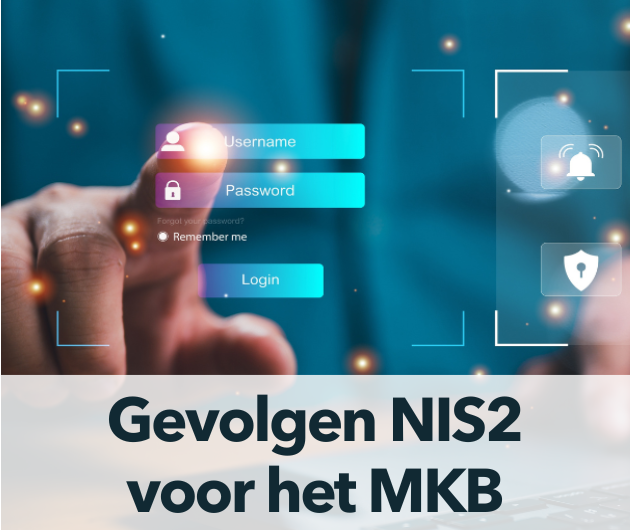IT began life as "data processing", later extended to include office systems. In recent years IT has progressed to just about deserve the "I" for information in IT, but there is a long way to go yet. A major stumbling block is the very high cost of advanced systems and while the laudable attempts to produce cheaper solutions can give good results in the short term, they create future problems. What’s new?
One thing that IT can claim credit for is a good track record for commercial data processing. Pay roll, invoicing, stock control, order processing, etc. are core services that all businesses rely on. As such they are simply accepted and little credit is given for these services. This is a shame because this is the life blood of business. We can manage without word processors and spread sheets, but it is essential to get the stock levels down and the invoices out quickly!
Of course these core applications can be improved and techniques such as GUI interfacing and ERP packages have their advantages although they would be difficult to cost justify in many cases.
All these traditional applications support and manage basic data, which in most transactions is continually updated, giving emphasis to the most up-to-date situation. This creates a problem for an information system since that needs access to historic data as well. Further there are in practice multiple data processing applications which create their own data, again a problem for an information system which needs a single consolidated source of corporate data. Replacing a set of independent applications with a single integrated ERP package is a theoretical solution but not a practical one. Even though the ERP system consolidates a lot of data on a single database, greatly improving the validity of data, it still lacks the historic data. More problematic is the fact that in the real world a lot of functions can be integrated in an ERP system, but there is always a lot of important data in separate systems still. This is going to be even more problematic as information systems try to cope with the formal data of ERP andwith text and documents. Structured documents (what a boon XML will be) will still be difficult to combine with data but what about all those awful Word and Excel files? A lot of useful data is lost in them.
A data warehouse is the first step in the right direction, but a comprehensive system is very expensive, particularly when the costs of data cleansing, transformation, etc. are included. Data marts, subsets of a warehouse, are attractive lower cost options in some cases. More dubious are the warehousing options in the ERP packages. The problem is that these focus on the data relevant to ERP, which is very useful but not comprehensive. Ideally the ERP package should be one of many sources of data for an independent warehouse.
Once a clean warehouse of historic data is available more comprehensive information can be gleaned by mining and analysing it for trends and predictions. There are numerous different requirements ranging from background searching for undefined correlations to interactive user queries; all are better served by a central warehouse.
The data warehouse enabled a move from data towards information. Analytical tools are then using the information to create knowledge which is where the return on investment comes from – provided something is done with that knowledge. This is where the next developments should concentrate (if the information system can be afforded) integrating with workflow and help-desk systems to initiate corrective actions.< BR>
Martin Healey, pioneer development Intel-based computers en c/s-architecture. Director of a number of IT specialist companies and an Emeritus Professor of the University of Wales.








